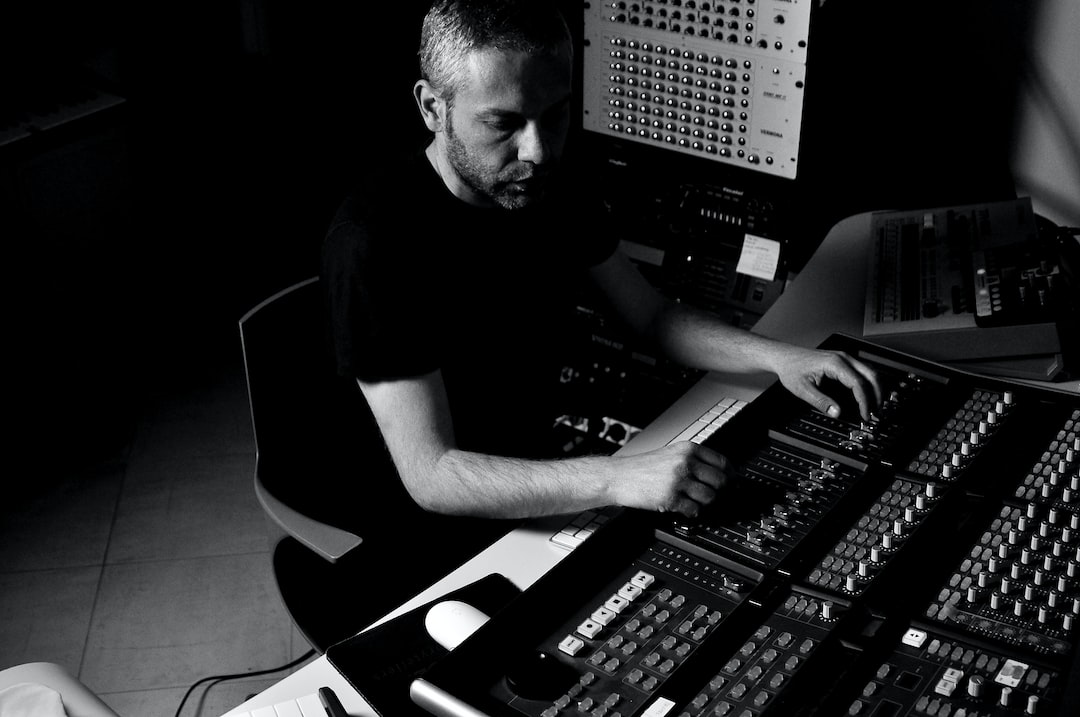The Role of EQ in Music Production: How to Perfect Your Mix
When it comes to music production, having a solid understanding of EQ (Equalization) is crucial for achieving a professional and polished mix. EQ allows you to shape and enhance the different elements of a song, ensuring that each instrument and vocal sits well in the mix. In this article, we will delve into the role of EQ in music production and provide some tips on how to perfect your mix.
EQ is a powerful tool that allows producers and mix engineers to adjust the frequency balance of audio signals. It consists of various bands that control different parts of the frequency spectrum, such as bass, midrange, and treble. By manipulating these bands, you can emphasize or reduce certain frequencies, creating a more balanced and pleasing mix.
One common use of EQ in music production is to carve out space for each element in a mix. For example, if you have a bass guitar and a kick drum competing for the low-end frequency range, you can use EQ to reduce the overlapping frequencies and make each element stand out more clearly. This can be achieved by cutting certain frequencies in one element and boosting them in another.
Another important role of EQ is to enhance the tone and character of individual instruments or vocals. By selectively boosting or reducing specific frequencies, you can bring out the desired qualities of a sound. For instance, boosting the high-mid frequencies of a vocal can add clarity and presence, while reducing the low frequencies can remove boomy or muddy characteristics.
When using EQ, it’s important to keep in mind the overall sonic balance and context of the mix. A good starting point is to utilize a spectrum analyzer to identify any problematic frequency areas that need attention. Once you have identified these areas, you can make targeted EQ adjustments to address them.
As a producer or mix engineer, acquiring a trained ear for EQ is essential. Experiment with different EQ settings and listen attentively to the changes they make in your mix. Pay attention to how each adjustment affects the overall sound and make subtle tweaks to enhance the mix further.
In addition to EQ, other factors like panning, level balancing, and effects processing also play significant roles in achieving a professional mix. It’s important to approach music production holistically and consider how each element contributes to the overall sonic picture.
In conclusion, EQ is an indispensable tool in music production that allows you to shape and enhance the various elements of a mix. By using EQ effectively, you can balance frequencies, create space for each element, and enhance the tone and character of individual instruments and vocals. Developing a keen ear for EQ and understanding its role in the bigger picture of music production will enable you to perfect your mix and deliver professional-sounding tracks.
Keywords: producent muzycny, mix, mastering, audio.
——————-
Article posted by:
Home | Hexit Rely
https://hexitrely.wixsite.com/home
For me information on producent muzycny mix mastering audio contact us anytime.
